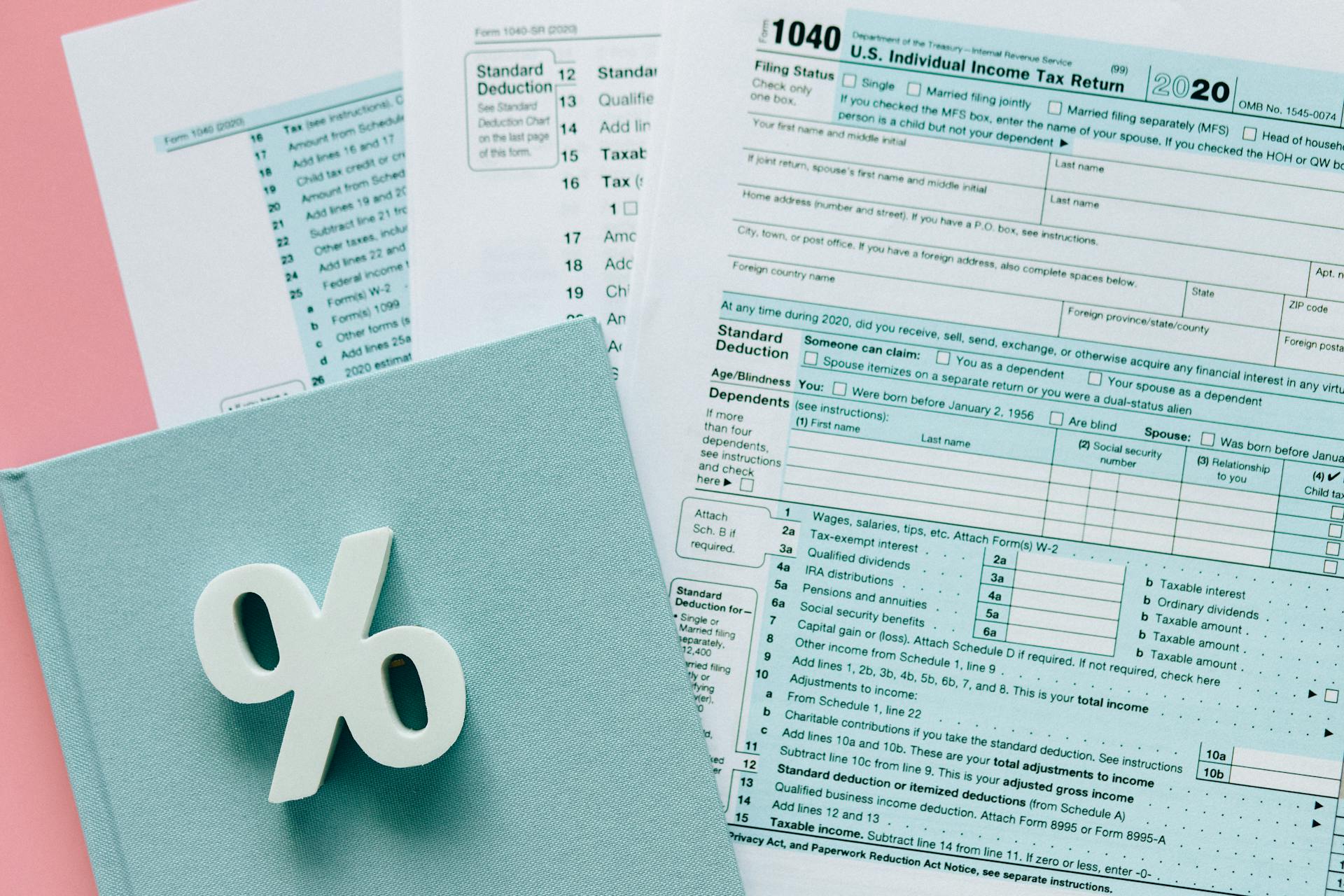
The sovereign bond issue market is a complex and fascinating world, but don't worry, we'll break it down for you in a way that's easy to understand. Sovereign bonds are issued by governments to finance their spending and manage their debt.
Sovereign bonds are a type of investment that allows individuals and institutions to lend money to governments, which then use those funds to finance their activities. Governments issue bonds with varying maturities, from short-term to long-term, to manage their cash flows.
The market for sovereign bonds is massive, with trillions of dollars in outstanding bonds.
A fresh viewpoint: Guaranteed Issue
What is a Sovereign Bond?
A sovereign bond is a debt security issued by a national government, allowing them to raise funds for various purposes such as infrastructure development or financing wars. These bonds can be availed in either domestic currency or foreign currency.
The yield on sovereign bonds is the interest rate the government pays to bondholders, representing the cost at which a national government can borrow money. This yield is affected by factors such as the stability of the issuing government, creditworthiness, and the value of the issuing currency on the currency exchange market.
Check this out: National Savings (Pakistan)
The creditworthiness of the issuing government is crucial, as credit rating agencies rate the country's perceived ability to repay debts. This rating plays a key role in deciding a country's ability to pay off debts.
Some key factors that affect the yield of a specific sovereign bond include:
- Creditworthiness: Credit rating agencies rate the issuing countries’ perceived ability to repay the debts.
- Risk: Factors such as war and public disorder play a key role in deciding a country's ability to pay off the debts.
- Exchange rates: If the bonds are issued in foreign currencies, there can be fluctuations in the exchange rate, leading to an increased pay-out pressure on the issuing government.
Sovereign bonds offer a fixed interest rate over a set period, with the principal amount repaid upon maturity. This makes them a relatively stable investment option.
Benefits and Risks
Sovereign bond issue can be a solid investment option for those who understand the basics. Sovereign bonds are debt securities issued by national governments in either local currency or international currency, like the U.S. dollar or euro.
Investing in sovereign bonds can provide a relatively stable source of income, as governments are generally considered to be low-risk issuers. Sovereign bond yields are primarily affected by creditworthiness, country risk, and exchange rates.
However, it's essential to consider the risks involved, such as the potential for default or currency fluctuations. Investors can purchase sovereign bonds easiest through exchange-traded funds traded on U.S. exchanges.
To assess the risk of a sovereign bond, investors can look at the bond's rating, which is typically issued by Standard & Poor's, Moody's, and Fitch.
On a similar theme: Default Risk with Bond Risk
Uruguay's Sovereign Bond Issue
Uruguay's sovereign bond issue is a great example of how creditworthiness plays a crucial role in determining the yield of a sovereign bond. The country's credit rating is a key factor in attracting investors.
The stability of the issuing government is another essential factor that affects the yield of a sovereign bond. Uruguay's government has a relatively stable political environment, which contributes to its attractive bond yields.
Risk factors such as war and public disorder can significantly impact a country's ability to pay off its debts. Uruguay's peaceful history and stable economy make it an attractive destination for investors.
Exchange rates can also impact the yield of a sovereign bond, especially if the bond is issued in a foreign currency. Uruguay's currency, the Uruguayan peso, is pegged to the US dollar, which helps maintain stability in the bond market.
Here are some key factors that impact Uruguay's sovereign bond issue:
- Creditworthiness: Uruguay's credit rating is a key factor in attracting investors.
- Risk: Uruguay's peaceful history and stable economy reduce the risk of default.
- Exchange rates: The pegged currency helps maintain stability in the bond market.
How to Buy and Invest
If you're interested in buying sovereign bonds, one option is to purchase U.S. Treasury bonds directly through the U.S. Treasury at TreasuryDirect.gov.
Buying U.S. Treasury bonds is a relatively straightforward process. However, buying foreign sovereign bonds can be more challenging, especially if you want to use U.S. exchanges.
Foreign issued sovereign bonds can be purchased via exchange-traded funds (ETFs), which provide a more stable investment than individual sovereign bonds.
For another approach, see: The Debt Snowball Method Involves . . .
Frequently Asked Questions
What is a sovereign issuer?
A sovereign issuer is a government entity or a public organization authorized to issue debt securities, typically including national governments, EU institutions, and their affiliated departments or agencies. This includes entities that are legally permitted to issue securities under public debt laws.
Why do governments issue sovereign bonds?
Governments issue sovereign bonds to raise funds for projects and cover budget deficits. This allows them to finance their spending without relying on taxation or other revenue sources.
Are sovereign bonds secure?
Yes, sovereign bonds are highly secure investments due to their government backing. This low-risk status makes them a popular choice for investors seeking stability.
Who holds sovereign bonds?
Sovereign bonds are held by a variety of investors, including foreign and domestic banks, private investors, and official creditors such as central banks. Understanding who holds sovereign debt is crucial for analyzing a country's economic stability and financial health.
Is a government bond the same as a sovereign bond?
Government bonds and sovereign bonds are often used interchangeably, referring to bonds issued by a government to support public spending. While the terms are synonymous, "sovereign bond" may specifically emphasize the bond's connection to the government's creditworthiness and authority.
Sources
- https://economictimes.indiatimes.com/definition/sovereign-bond
- https://www.iadb.org/pt-br/noticias/uruguay-issues-global-sustainability-linked-bond-idb-support
- https://cleartax.in/glossary/sovereign-bond
- https://www.mdpi.com/2227-7072/12/2/48
- https://www.thebalancemoney.com/what-are-sovereign-bonds-1979114
Featured Images: pexels.com


